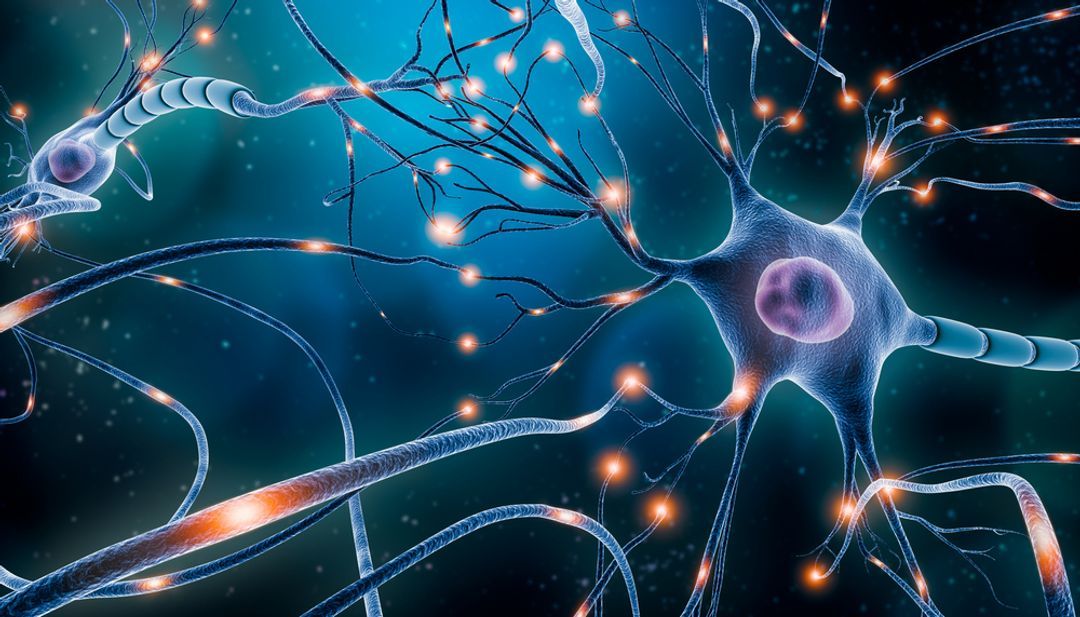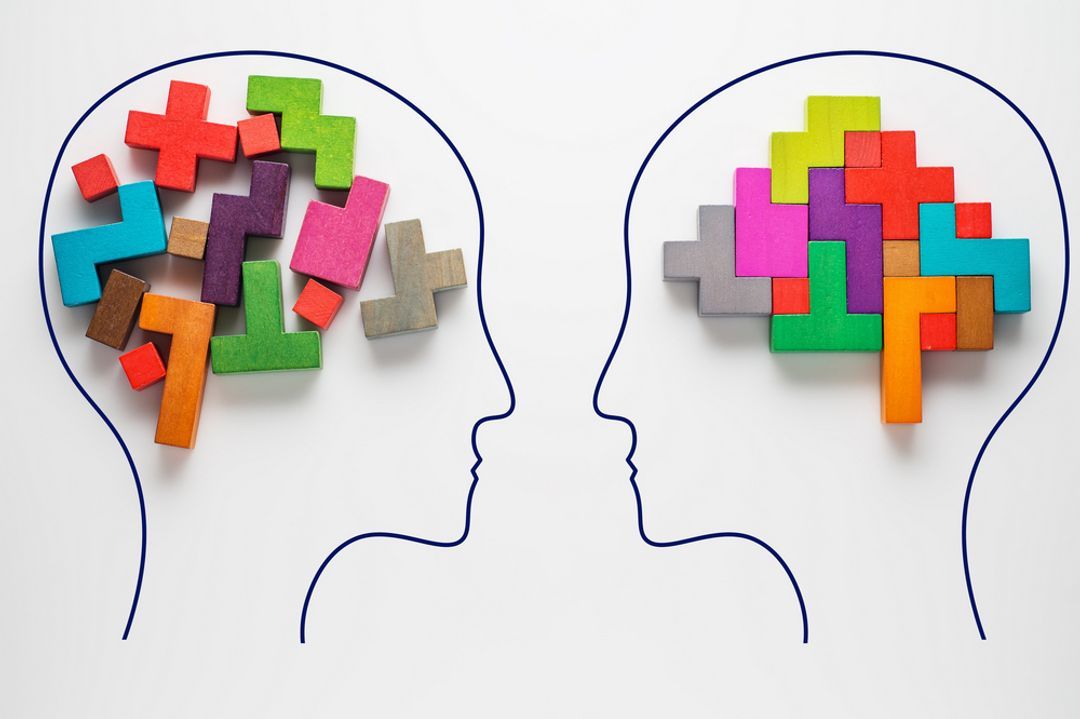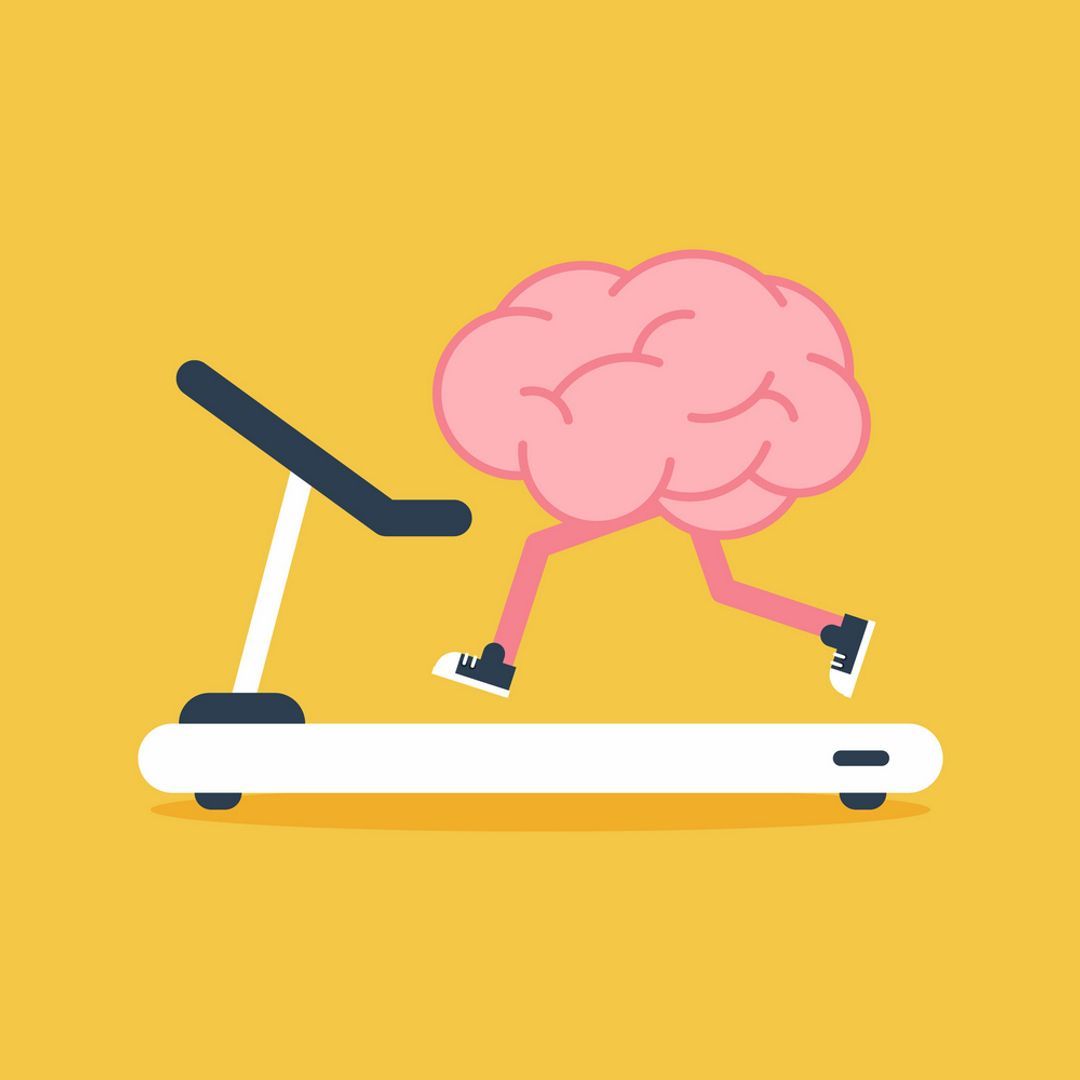How To Test Your Brain Age
We all have a mental age, and it isn’t necessarily the same as our chronological age (the number of years we’ve been alive). While the effects of physical ageing can be very much apparent, the way our brain ages as we get older is far less obvious.
Generally speaking, our cognitive abilities peak in our 20s, gradually declining year-on-year after this point. The signs of an ageing brain can manifest in poorer memory, attention span, and speed of thinking, but that’s not to say we can’t maintain our brain capacity as we get older.
Brain age tests are an effective way to learn how old your brain really is. While it’s normal for someone to have a brain age higher than their chronological age, regularly testing your brain can help reduce the figure by exercising your grey matter and keeping brain reflexes sharp.
Keep reading to learn more about the brain age test, including how it works, who it's for, and why it’s important.
What Is A Brain Age Test?
A brain age test is a tool to calculate and improve a person’s brain activity and alertness through a series of carefully-formulated exercises in the form of mental quizzes, questionnaires and games. Evidence suggests that such exercises enhance cognitive abilities and can lead to improved scores on IQ tests [1].
As we age, our brains progressively shrink as we lose brain cells. Although the amount and rate at which these brain cells are lost individually vary based on lifestyle factors and genetics, such age-related changes are ultimately inevitable. Brain shrinkage is linked to a decrease in cognitive ability as the connections between the cells also begin to deteriorate.
However, brain training exercises help to maintain and strengthen these neural connections, thereby helping to improve memory, concentration, problem-solving, decision-making, and other cognitive processes.
Research suggests that consistent brain training can potentially reduce the risk and delay the onset of dementia and Alzheimer’s disease by improving the speed and accuracy of visual attention and mental quickness [2]. However, it should be noted that this small-scale study cannot be considered conclusive evidence of using brain training to improve cognitive function in such populations. The FDA also recently approved a brain-training game to treat ADHD [3].
How Does A Brain Age Test Work?
Brain age tests work by assessing an individual’s speed and performance in various brain functioning tasks, including:
- Attention
- Motor skills
- Spatial functioning
- Reasoning skills
- Working memory
- Learning
- Language
- Recall

Using this information, the test’s algorithm returns an estimated result of your brain age based on the average development within the general population. Comparing your chronological age to your estimated brain age can determine whether the brain is ageing faster or slower for your age.
Why Is It Important To Test Your Brain Age?
Despite the increased risk of cognitive decline, the brain can still continue to perform well if regular brain training is employed.
In the same way muscles grow with regular exercise, the brain also expands with consistent stimulation, which can slow and even reverse brain ageing. More importantly, reduced mental stimulation causes the brain to shrink at an accelerated rate as a person ages.
Various studies have also backed this claim. For example, a 2019 study of older adults found a significant improvement in working memory and executive function after 16 weeks of cognitive training [4].
Research suggests that consistent brain testing can help individuals become more efficient at completing everyday tasks of varying complexity, and improvements in memory can last for up to five years following training [5].
Who Should Take A Brain Age Test?
Brain age tests are recommended for anyone who is keen to learn their brain age and maintain or improve their score.
Brain training benefits people of all ages, as demonstrated in a 2010 study of over 200 adults aged between 21 and 80. After undergoing 100 hours of varied brain exercises, results showed an improvement in participants’ working memory across the board [6].
People at risk of neurodegenerative diseases such as dementia, can also benefit from completing regular brain age tests. In addition to delaying the onset and reducing the risk of such conditions, research suggests that brain-age games can also improve the memory of people who have already displayed early signs of dementia [7]. With that said, further research is needed in the field to confirm these findings.
Are Brain Age Tests Accurate?
While online brain age tests provide a guesstimate of your brain age based on your performance in the exercises, they are not a diagnosis or official evaluation of your brain age.
Essentially, at-home brain age tests attempt to differentiate between an ‘old’ and ‘young’ brain based on cognitive function by assessing the various parameters mentioned earlier.
Although these online tests may offer meaningful insight into the state of your brain health, they won’t provide the same depth or accuracy of the information that can be obtained from a brain scan.
With that said, there are some characteristics that can increase the effectiveness of brain age tests, including:
- Personalisation: tests that offer an initial assessment to gauge your current brain age and identify areas of strength and weakness, subsequently personalising your brain training to fit your distinct needs.
- Goal-specific: exercises designed to target specific brain functions to enhance performance in everyday life.
- Motivating: training sessions that motivate you to engage consistently.
- Challenging: the brain needs new challenges to keep fit. Doing exercises that become increasingly challenging over time will keep the brain adequately stimulated and prevent it from automating the process.
Where Can I Take A Brain Age Test?
There are various free brain age tests online, each testing different cognitive abilities in various formats. You can choose from a selection of games or take a quiz.
Alternatively, various apps are available to download on your smartphone via the App Store or Google Play, many of which are science-backed, to gauge your brain age accurately.
Take Control Of Your Health With A GlycanAge Test
The brain, like any other part of the body, can wear out with age. While genetics can cause these age-related changes to come earlier or later, lifestyle factors play a significant role in cognitive decline. Finding out how well your body is ageing compared to your chronological age can accurately predict your health and vitality as you age.
A GlycanAge test is a perfect tool to give you a comprehensive insight into the overall state of your health, empower you to make personalised and informed decisions to prevent the onset of disease and increase longevity as you get older.
All it takes is a quick and easy finger prick test to take your health matters into your own hands. Once you’ve submitted your blood sample to the GlycanAge lab, it’ll take 3-5 weeks to complete comprehensive tests and return a personalised report on your results.

This report will provide key information on how factors, including your lifestyle, nutrition, illness, exercise, and genetics, have impacted your immune system and, subsequently, your biological age. You will also receive complimentary 1-1 consultations with scientists and/or healthcare professionals to understand your results, devise an action plan to prolong and reverse your biological age, and improve your overall wellness as you get older.
With various price points and payment plans available, there is an option to suit each person who wants an accurate, reliable, and affordable way to determine their health state. Start your wellness journey today by ordering your GlycanAge home testing kit.
References
- https://link.springer.com/article/10.3758/s13423-015-0967-4
- https://www.apa.org/news/press/releases/2016/08/brain-training-dementia
- https://www.businesswire.com/news/home/20200615005739/en/
- https://www.ncbi.nlm.nih.gov/pmc/articles/PMC6997483/
- https://pubmed.ncbi.nlm.nih.gov/17179457/
- https://pubmed.ncbi.nlm.nih.gov/20725526/
- https://pubmed.ncbi.nlm.nih.gov/17958927/
Start or continue your GlycanAge journey
Don’t be afraid to reach out to us and ask questions, provide commentary or suggest topics.
 GlycanAge is a biological age test paired with expert advice to help guide your wellness.
GlycanAge is a biological age test paired with expert advice to help guide your wellness.